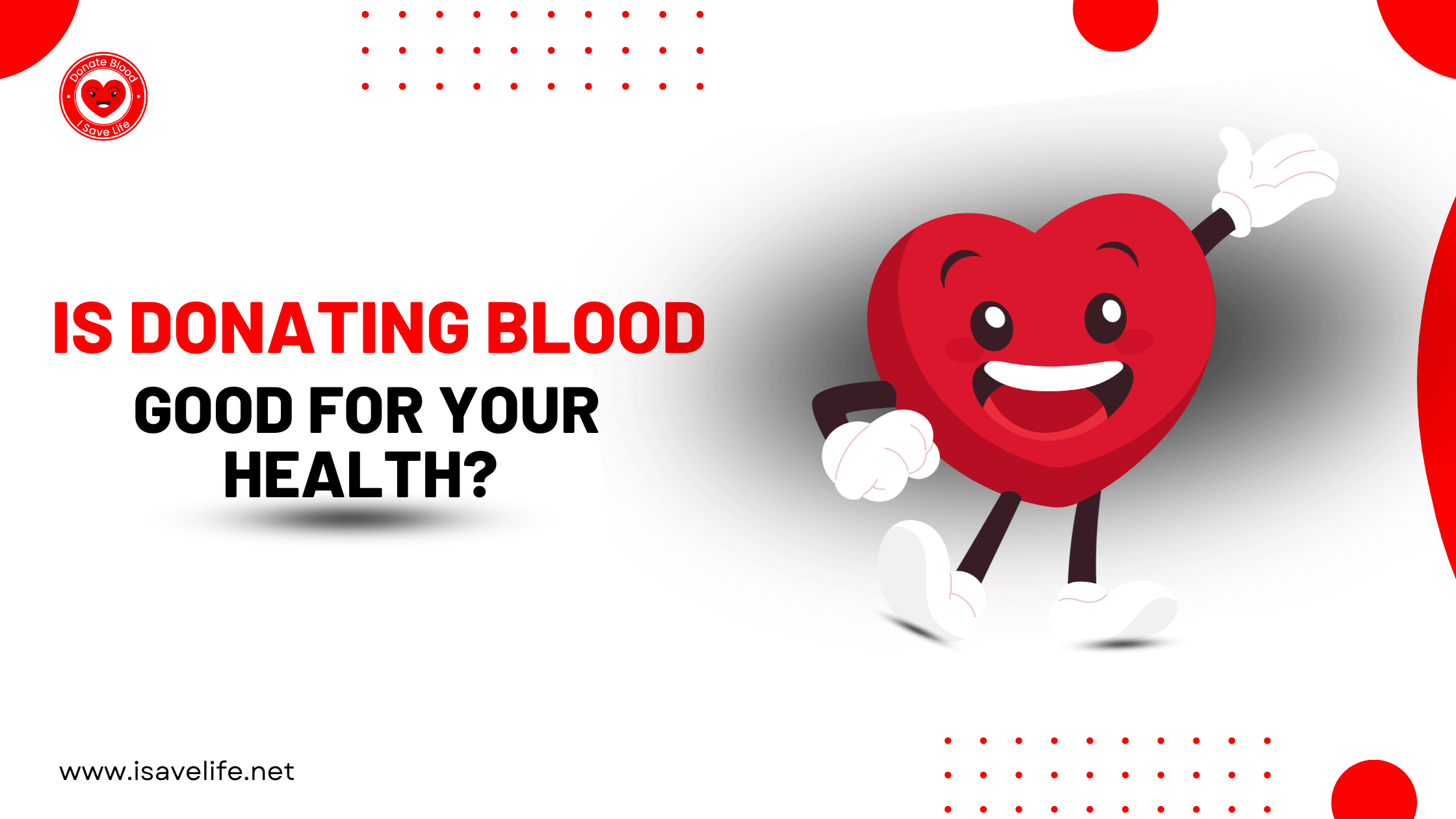
Is Donating blood good for your health?
01-Aug-2024
Donating blood is a simple act of kindness that can save lives. But did you know that it can also be beneficial for your own health? In this blog, we will explore the various health benefits of donating blood and why it is a practice worth considering.
1. Saving Lives: The most important reason to donate blood is that it saves lives. One donation can help up to three people who need blood for surgeries, cancer treatments, chronic illnesses, or injuries. Knowing you’ve made a difference can also boost your mood and mental well-being.
2. Improving Heart Health: Regular blood donation can improve your heart health. It reduces the viscosity or thickness of your blood, which can lower the risk of heart attacks and strokes. Thicker blood can lead to clots and cardiovascular problems, so donating helps keep your blood flowing smoothly.
3. Burning Calories: Donating blood burns about 650 calories per donation. While it's not a substitute for regular exercise, it's a nice bonus to the good deeds you are doing.
4. Stimulating Blood Production: When you donate blood, your body works to replenish the lost blood. This stimulates the production of new blood cells, keeping your blood fresh and healthy.
5. Getting a Free Health Check-Up: Before you donate, you'll get a mini health check-up. This includes checking your pulse, blood pressure, hemoglobin levels, and overall health status. Regular donations can help you monitor your health and catch potential issues early.
6. Maintaining Healthy Iron Levels: Excess iron in the blood can increase the risk of heart disease. Regular blood donations help maintain healthy iron levels, reducing the risk of iron overload.
7. Boosting Mental Well-Being: Helping others can improve your mental well-being. Research links acts of kindness to reduced stress and improved emotional health. Knowing that your blood could save lives gives you a sense of purpose and satisfaction.
How to Prepare for Blood Donation:
1. Stay Hydrated: Drink plenty of water before you donate.
2. Eat a Healthy Meal: Have a balanced meal beforehand, and avoid fatty food.
3. Rest Well: Get a good night's sleep before your donation.
After Donating Blood:
1. Rest and Hydrate: Take it easy for the rest of the day and drink lots of fluids.
2. Eat iron-rich Foods: Help replenish your iron levels with foods like spinach, red meat, and beans.
3. Avoid heavy Lifting: Avoid strenuous activities for at least 24 hours after donating.
Conclusion:
Donating blood is a noble act that saves lives and offers several health benefits for the donor. From improving heart health to stimulating blood production, the advantages are significant. If you are eligible, consider making blood donation a regular part of your life. It's a win-win for both you and those in need.